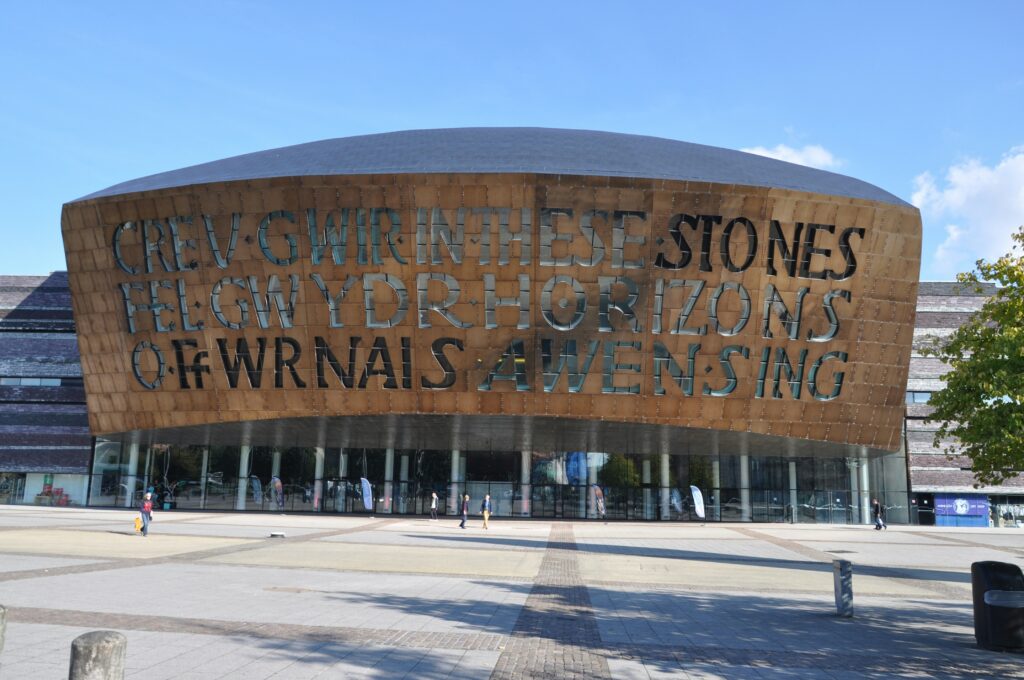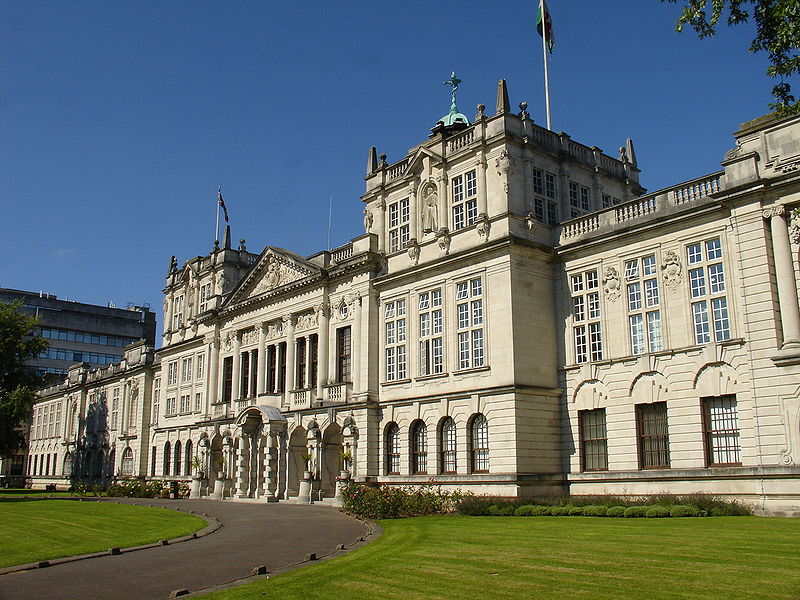In a challenging context for the arts, Yvette Vaughan Jones, chair of the Welsh National Opera, stresses their importance to Wales’ culture and history.
A recent report from the Senedd Culture Committee found that the crisis facing the arts sector in Wales is now as great as at any time in the preceding two years. Despite being free from restrictions, Welsh creative industries still face many challenges on the road to post-pandemic recovery.
I am a lifelong advocate for the arts and Welsh culture, and as chair of Welsh National Opera, I can see how music continues to shape the cultural landscape of Wales. It’s no coincidence that Max Boyce’s rousing anthem – consistently resounding through the Principality Stadium year on year – is titled ‘Hymns and Arias’. In my experience, music across Wales is enjoyed by all without distinction – whether it be Hymns, Arias, Tom Jones or the Stereophonics. Music has always been part of the daily lives of people and opera is not the prize of the elite in Wales. It has always belonged to the people, and I believe it is the people who are responsible for protecting it.
The arts are the furnace that fuels our imagination and inspires innovation. They create industries and establish dedicated workforces.
Publicly funded art naturally comes under fire in times of financial hardship. As we all encounter struggles brought about by the cost-of-living crisis and the downturn in the economy, the arts are in danger of being overlooked or dismissed, rather than strengthened and celebrated for the excellent return that they provide on the public’s investment.
The arts are the furnace that fuels our imagination and inspires innovation. They create industries and establish dedicated workforces. They invest in our communities both socially and economically and they have a catalytic power which can be utilised to enrich all of our lives.
In Wales, the traditional male voice and community choirs, the community and youth theatres and the wealth of participatory work offer so much more to our towns and cities than a simple pastime; they provide a space for expression and a means of connection to others. WNO itself was born out of a community choir, and the spirit of this has stayed with the company nearly eighty years later.
Our world-renowned chorus and orchestra are regularly cited as the most extraordinary aspects of the opera experience that we provide. I often invite people to WNO productions who have no knowledge, or even interest in opera, and it is always the sheer force of WNO’s wall of sound that leaves the most profound impact on them. Beyond the iconic compositions of Mozart or Puccini, it is the pure, unamplified voices of our chorus and impeccable musicianship of our full-scale orchestra which strikes a chord with our audiences. Even the most sceptical tend to admit that our performances are extraordinary to witness. Much like observing an athlete achieving a world record, we need not be invested in their specific sport, we are still instinctively drawn to the spectacle of an exceptional skill.
Innovative. Informed. Independent.
Your support can help us make Wales better.
Aside from providing entertainment and culturally enriching experiences, our work can also be of practical value to Wales, promoting our culture abroad. In recent years, WNO has travelled to Morocco, Dubai and most recently to the Czech Republic for the Prague Spring International Music Festival. This aids Wales’ cultural diplomacy by establishing Welsh culture on the world’s stage. Our work drives cultural tourism and creates the potential for investment not just in a country, but a people.
At home, WNO invests in Welsh communities. The company’s Programmes and Engagement department create and implement projects in the areas of health, education and talent development.
Most recently, Wellness with WNO – a service run by opera singers to alleviate the symptoms of Long-COVID – was made available for prescription by every health board in Wales. Projects such as Three Letters have been running workshops in schools, creating songs that raise awareness of the contemporary realities of HIV. WNO has also been working with international artists from refugee and asylum seeker communities, providing them with a platform to continue their work by producing original operas, such as The Shoemaker, which premiered at Wales Millennium Centre in 2022. We were proud to showcase this community devised work as part of our leading season repertoire.
The arts in Wales – perhaps even more than elsewhere in the UK – are inbuilt into the fabric of our society, from our earliest years through Eisteddfodau.
All the while, the company continues its long-running projects such as WNO Teach which helps schools to provide music education, and Cradle Choir, a community singing group for people living with dementia alongside their families and carers. WNO is also committed to training the next generation of young performers, musicians and technicians as part of WNO Youth Opera, an award-winning training programme for young people aged from 10 – 25 years.
As we look to the future, the company is embracing necessary changes and making essential adaptations to the way we work. But whilst our touring model is rightly changing to fit the current financial climate, it is important that the quality of our work is maintained. We must ensure that the performing company’s world-class status is not diminished, or we all risk losing an essential part of Welsh cultural life.
Of course, WNO is just one aspect of an exceptional arts sector in Wales. There are numerous companies creating powerful work in the cultural space that we share.
As examples, Hijinx Theatre recently introduced their ReFocus interactive training programme, helping those working across the screen industry in the UK to enhance their skills and confidence when communicating with learning disabled and/or autistic adults on set. National Dance Company Wales’ work on the Dance for Parkinson’s project has also had profound effects on participants living with the disease. And Kidstown from National Theatre Wales, a project produced in response to the Covid-19 pandemic, offered performance experiences to a generation of children who missed out on crucial social and creative interactions during lockdown.
These are just some of the many programmes of work carried out by arts organisations in Welsh communities. I believe that we all provide a vital service to the people of this country.
The arts in Wales – perhaps even more than elsewhere in the UK – are inbuilt into the fabric of our society, from our earliest years through Eisteddfodau. They help us understand where and who we are, how far we’ve come and how much further we are still capable of striving. We should not lose sight of that, especially in uncertain times.
All articles published on the welsh agenda are subject to IWA’s disclaimer. If you want to support our work tackling Wales’ key challenges, consider becoming a member.





